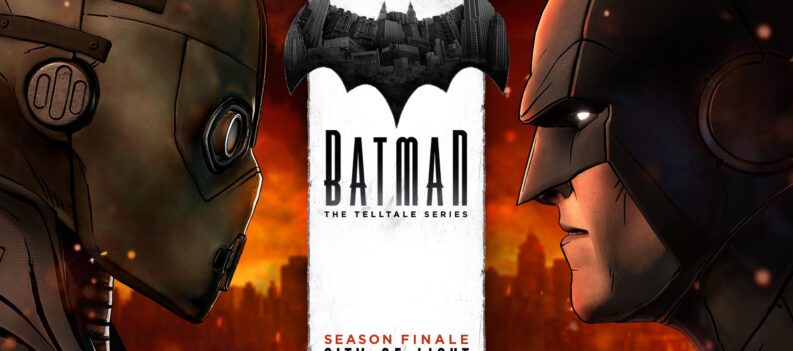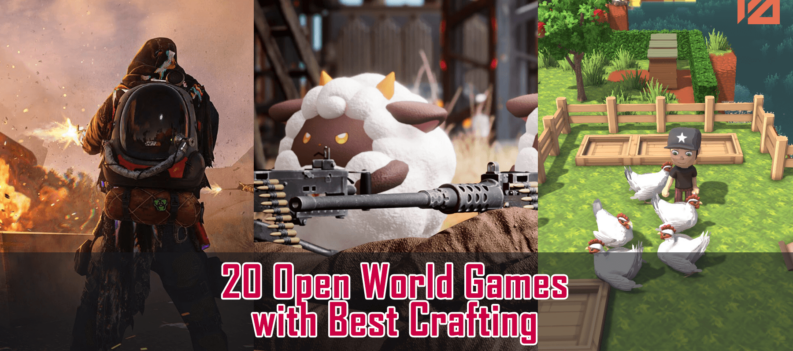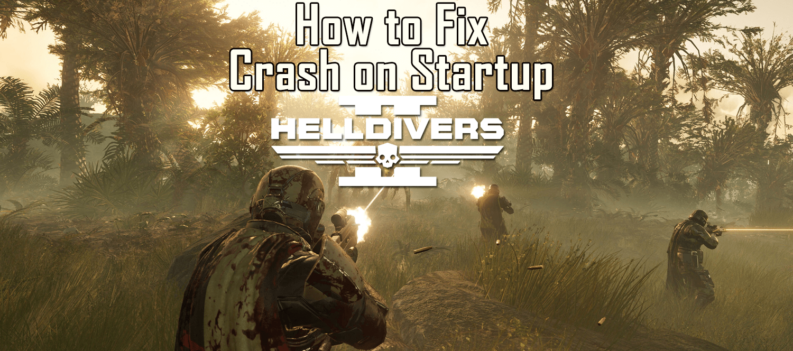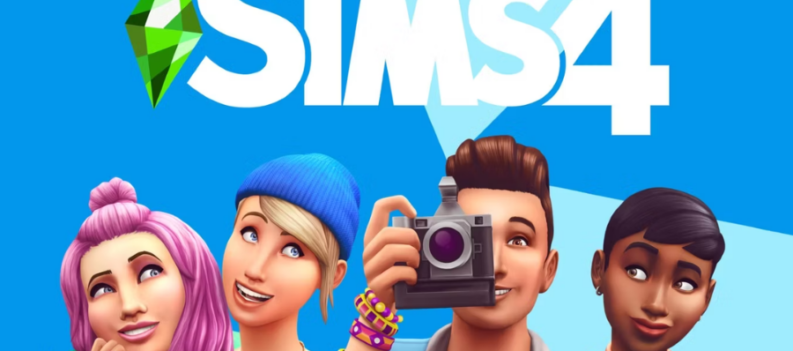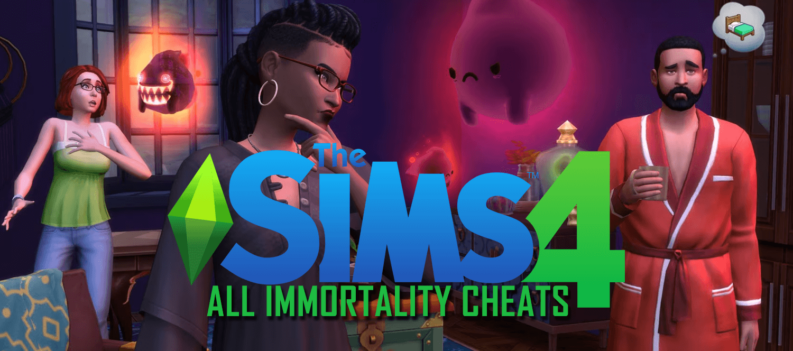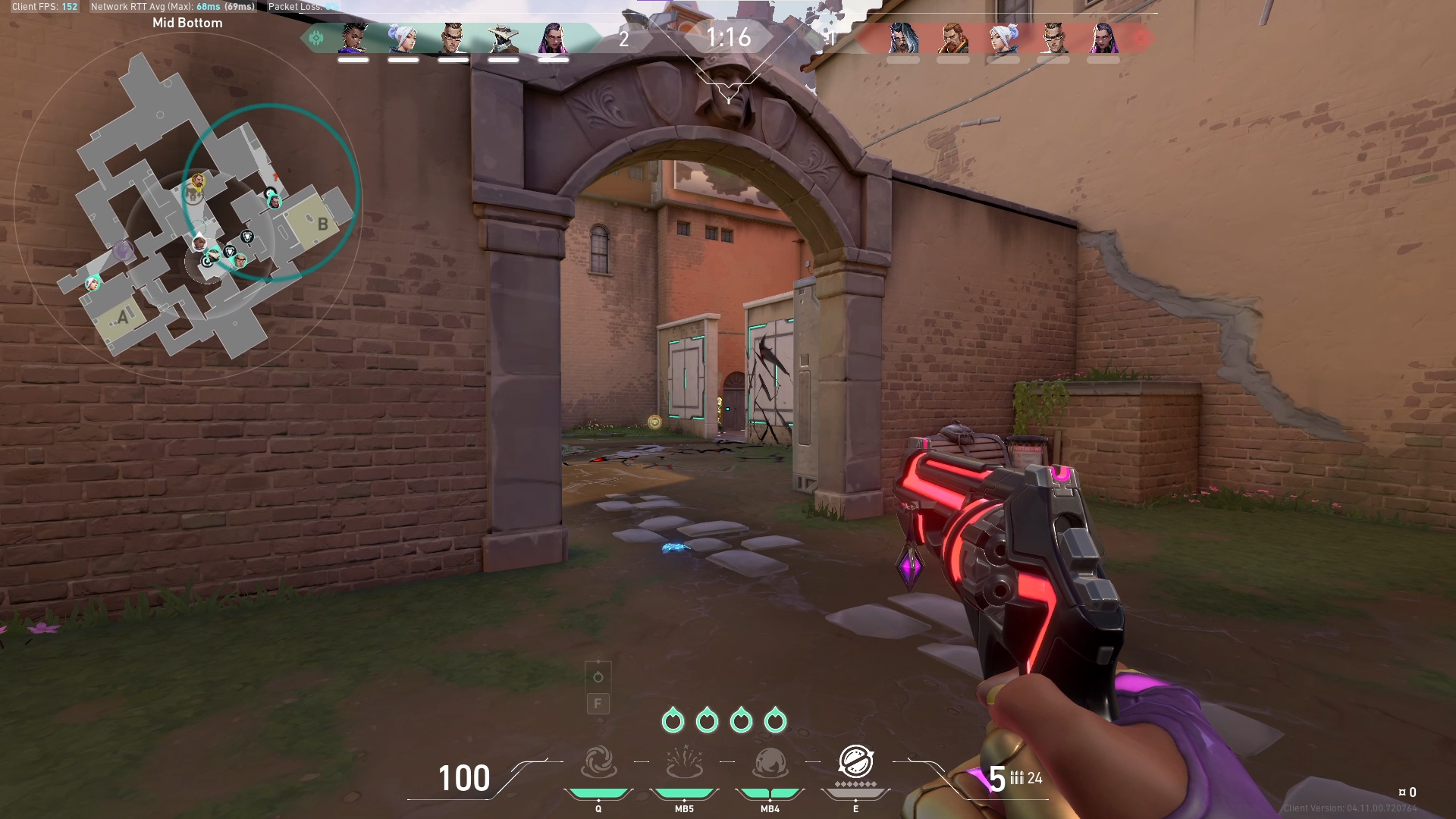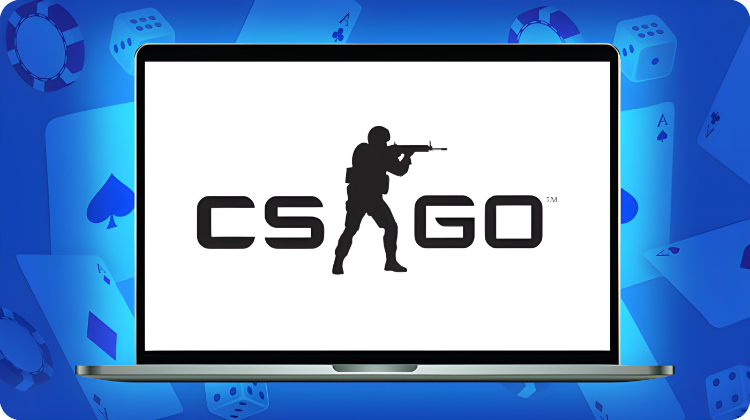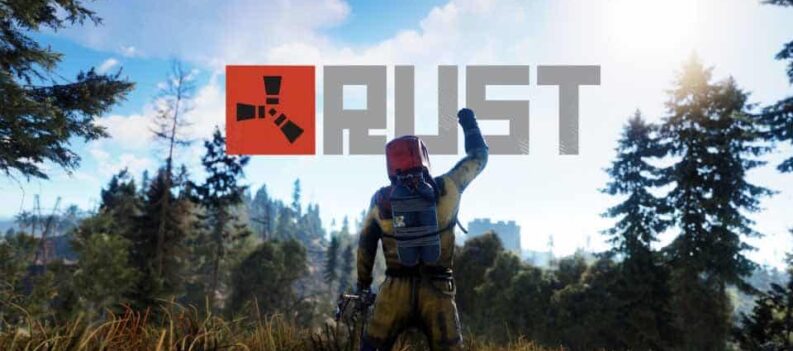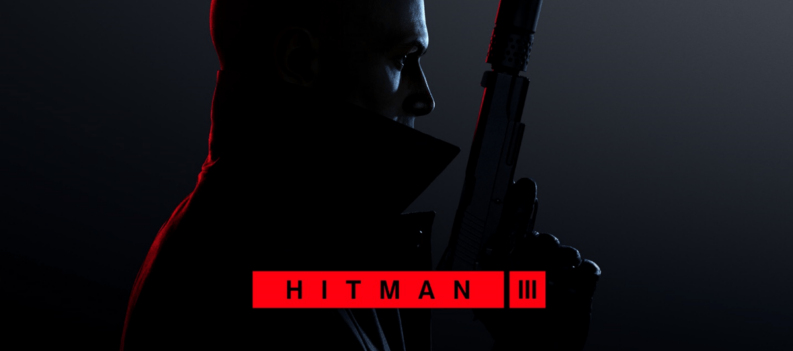Happy New Year Pure PlayStationers! What better way to kick off 2017 than with some brand-spanking new reviews to better help you decide how to spend that Christmas cash? Our reviewer has shunned his family this holiday season in favour of sitting in a darkened room playing games (not at our request, just by choice) and has now emerged from his hibernating state to bring you our review of digital-only indie rogue-like Bard’s Gold. Developer Erdem Sen’s game was originally released in June of 2016 for PC and is now available in all territories for PS4 as a direct download from the PlayStation Network. Have we found a gleaming indie gem or is this just another spoony bard?
Some words just get my gamer gusset all gooey, words like; rogue-like, permadeath, procedural generation… oh yeah, that’s the stuff. {Cough} Perhaps you know what I mean and the draw of the maddeningly difficult game calls you too, if so, Bard’s Gold will be right up your street. A 2D platforming game that is both rogue-lite and rogue-like, Bard’s Gold seems like the kind of game the term ‘old-school’ was invented for. However, in a more modern twist, the game allows you to choose your flavour of experience, with a ‘normal’ difficulty consisting of a fairly linear level layout with checkpoints and a ‘Rogue-like’ top-level difficulty that randomises everything about your adventure and where death is permanent. There’s also a meet-in-the-middle option that allows for some randomisation and a stiffer challenge but still allows you to checkpoint between ‘worlds.’ Now that you understand this fundamental aspect of the game, perhaps you’ll join me below as I discuss where this formula hits as well as where it misses its mark.
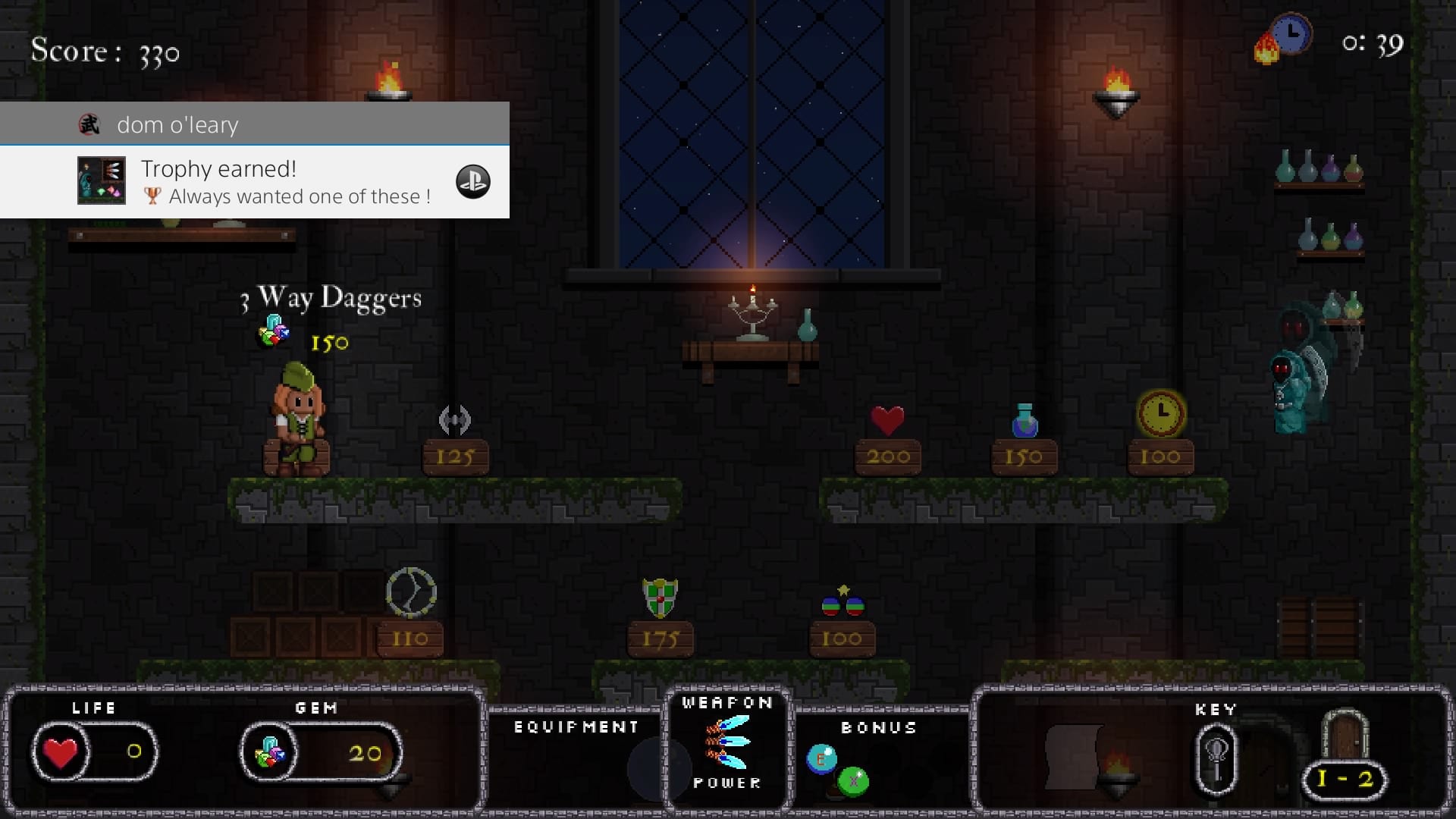
There’s no real preamble to Bard’s Gold, no cutscenes to digest or story details to pore over – appear on-screen, follow a squirrel down a well, start platforming – that’s the gist of it. Once I reached the end of the game, I discovered, through a single line of text, that this quest was something to do with laying our adventurer’s father to rest. Really the ‘story’ of Bard’s Gold is as perfunctory as they come, a throwback to the days when a game’s story was simply the framing for the gameplay and served no other function. This is really no big deal as it’s the emergent gameplay that comes from the procedurally-generated levels that will drive players through the game; I didn’t need any additional motivation to push forward, the promise of treasure just around the next corner was enough. You’re an unnamed adventurer with the ability to double-jump and a set of throwing knives and you’d better get used to it. You’ll quickly have to learn to use these limited abilities in creative ways to avoid traps, destroy enemies and uncover secrets – all in the pursuit of more treasure.
The approach to difficulty settings I mentioned previously creates an interesting choice for players who aren’t too keen on having their progress wiped-out upon death. The ‘normal’ and ‘retro’ settings allow you to bank the gems you have earned on a run into one of a variety of upgrades, which are also unlocked through skill books found in the environment, and once you complete a ‘world’ (six levels and a seventh boss level) you can then start from the beginning of the next world once you die and restart. Those upgrades are vital to your progress, allowing you to start with more health, attack power and special items like the ‘magic glasses’ which allow you to see hidden objects in the environment and can net you some unexpected opportunities for great loot. The lower difficulty sets out a linear path of levels and allows you to learn layouts and enemy placements, whereas the ‘retro’ option allows for random levels (from a given pool) and thus more variety in enemies and loot. The two difficulty options run concurrently – so upgrade progress transfers from one to the other and this allows for some satisfying replayability once you’ve conquered the normal setting.
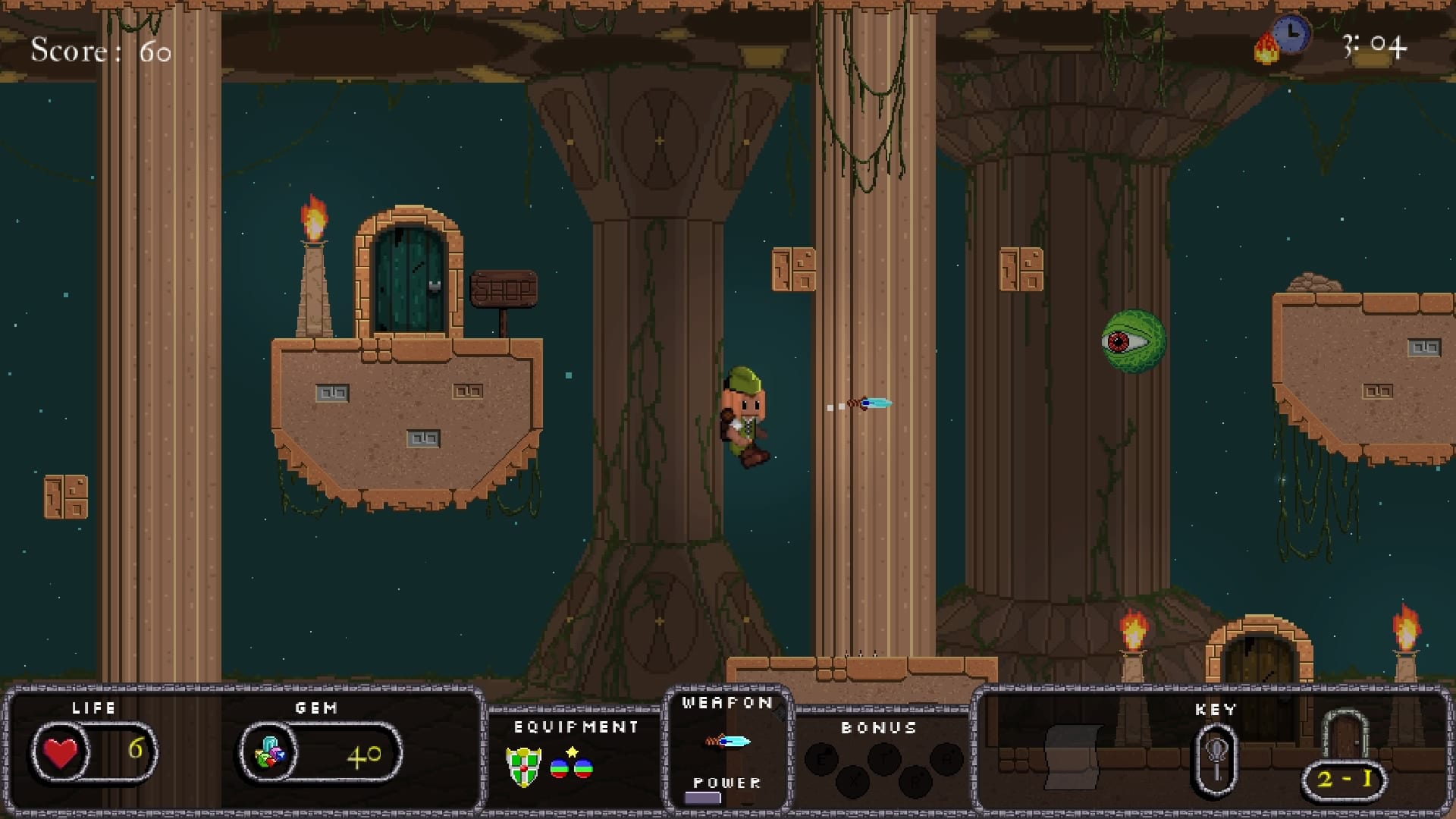
The third difficulty option stands alone. ‘Rogue-like’ mode does exactly what it says on the tin, the upgrade progress from the other modes is gone, instead you’ll have to rely on finding random loot with the same properties during your run. The levels are fully randomised and if you want to ‘complete’ the game you’ll have to make it through all four worlds in one go. This is a punishing difficulty setting; a mere few hits cause death and death means starting from scratch. However, it feels like the way the game was meant to be played, if there is such a thing. There’s much more variety to be found here, both the other settings become repetitive in time and if you’re looking for long-term interest then this is the mode that will keep you coming back for one more run. That’s not to say that there’s infinite variation to be found here; there’s a limited pool of level templates, enemy designs, loot and entry and exit locations, of course, but there’s certainly enough to keep you going for a while – whereas the normal setting allows for completion in a very short time if you try, the format here will mean that completion runs are few and far between and many more hours can be spent looting, dying, and repeating.
I should probably break down what completion time actually means in Bard’s Gold, as it’s not as straightforward as you might imagine. Each level has a ‘time limit’ from one to six minutes (plus any upgrades you might have unlocked) based on its position in the running order. After this, the levels become harder as fireballs rain from the ceiling. Finishing the levels isn’t impossible in this state but assuming you complete each level within the time limit then the game would take at most two hours to complete all four worlds. It’s unlikely you’ll achieve this unless you’re aiming for it, however, if you’re concentrating on looking for loot, finding hidden areas or buying time and life-extending items from the in-level shops then you’ll likely be extending this time-frame. You can also add to this the fact that unless you’re some kind of platforming genius you likely won’t be getting through the whole thing in one go. My runs usually went anywhere from ten minutes to an hour depending on difficulty and my own, self-set, objectives. One of the best aspects of Bard’s Gold is that it will allow you to define your own meaning of a ‘successful run.’ For example, if you get enough gems to push towards that next upgrade – that’s a win. If you found a new skill book – that’s a win. If you beat a boss and unlocked the next checkpoint then mis-timed a jump and died – that’s still a win. Then, if you fancy a greater challenge, you can jump into Rogue-like difficulty where all bets are off. Through several completions and around twenty hours play-time, I still have reasons to go back to the game.
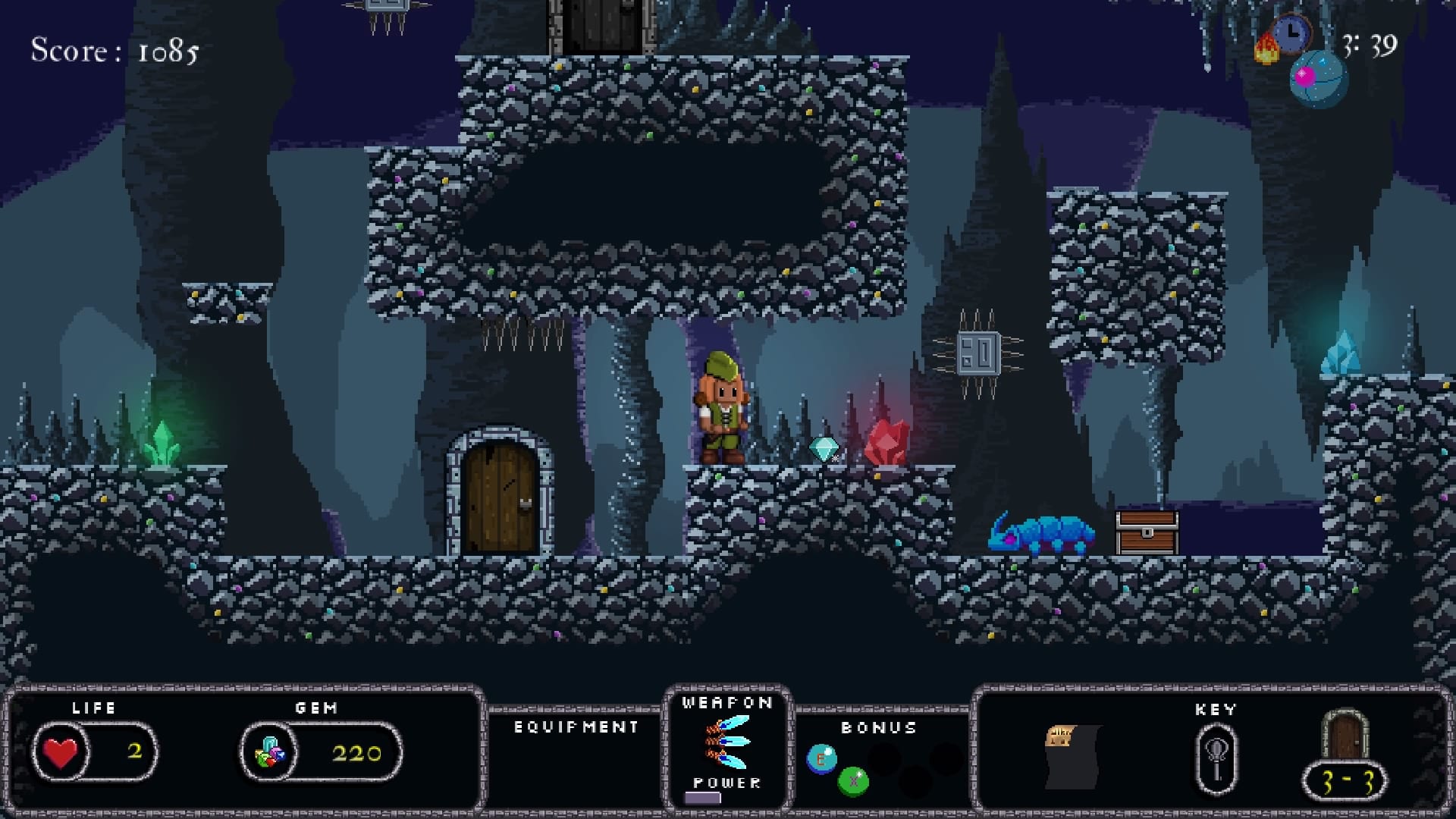
Not every aspect of Bard’s Gold shines quite as brightly as its gameplay loop, though. For a fairly punishing platformer, the mechanics aren’t quite as tight as you might like. For the most part, you’ll be able to judge how far you’ll jump and double jump and this important in the hazard-filled environments. A measure of uncertainty is introduced by the pressure sensitive jumping (hammer x and jump higher, tap it and jump lower – theoretically) and the game throws up various situations where there is a pixels breadth between double jumping and doing absolutely nothing other than falling to your death, all of which can lead to some very frustrating deaths that feel unnecessary. Bosses too feel a bit of an anti-climax to their respective worlds. While their character designs range from interesting to just plain crazy, their two attack patterns each and the repetitive nature of each fight mean they aren’t quite as memorable as they could be. I never thought I would describe a robotic ice-cream cone clown as ‘not memorable’ but there you have it. The visuals are quite striking for all their retro-pixel nature, there’s a lot of detail in enemy designs, boss designs and even environments manage to have some personality despite the part randomly generated layouts.
Overall I found Bard’s Gold to be a satisfying experience, its compelling nature is likely to draw you in if you’re susceptible to a good rogue-like or even just challenging platformers in general and if you fit either of those categories I urge you to give it a try. As well as its satisfying rogue-like mode, the more rogue-lite difficulty settings on offer have drawn apt comparisons to old school platformers like Alex Kidd in Miracle World and Rick Dangerous and offer plenty of reasons for more than a single completion themselves. The basic difficulty level of the game will be a draw for some but may be too much for those who are used to more lenient modern platformers with their frequent checkpoints. I wouldn’t say this should definitely be avoided for that type of player as the game does allow you to learn and improve over time but be aware that there is a learning curve involved. One thing to be aware of, as well, is that the variation on offer even in its roguelike mode is limited by the relatively small number of environments and enemies and so on that it is drawing from and while it’s enough to keep you going for some time you probably won’t be sinking hundreds of hours into this game.
Are you up for some well-diving and dungeon crawling? Bard’s Gold is available now for PS4 and Vita as a digital download via the PlayStation Store and is also available on PC and Xbox One as a digital download. Let us know your take on the game or if our review convinced you to give this one a go in the comments below.
Bard's Gold PS4 Review
-
Overall - Very Good - 7.0/107/10
Summary
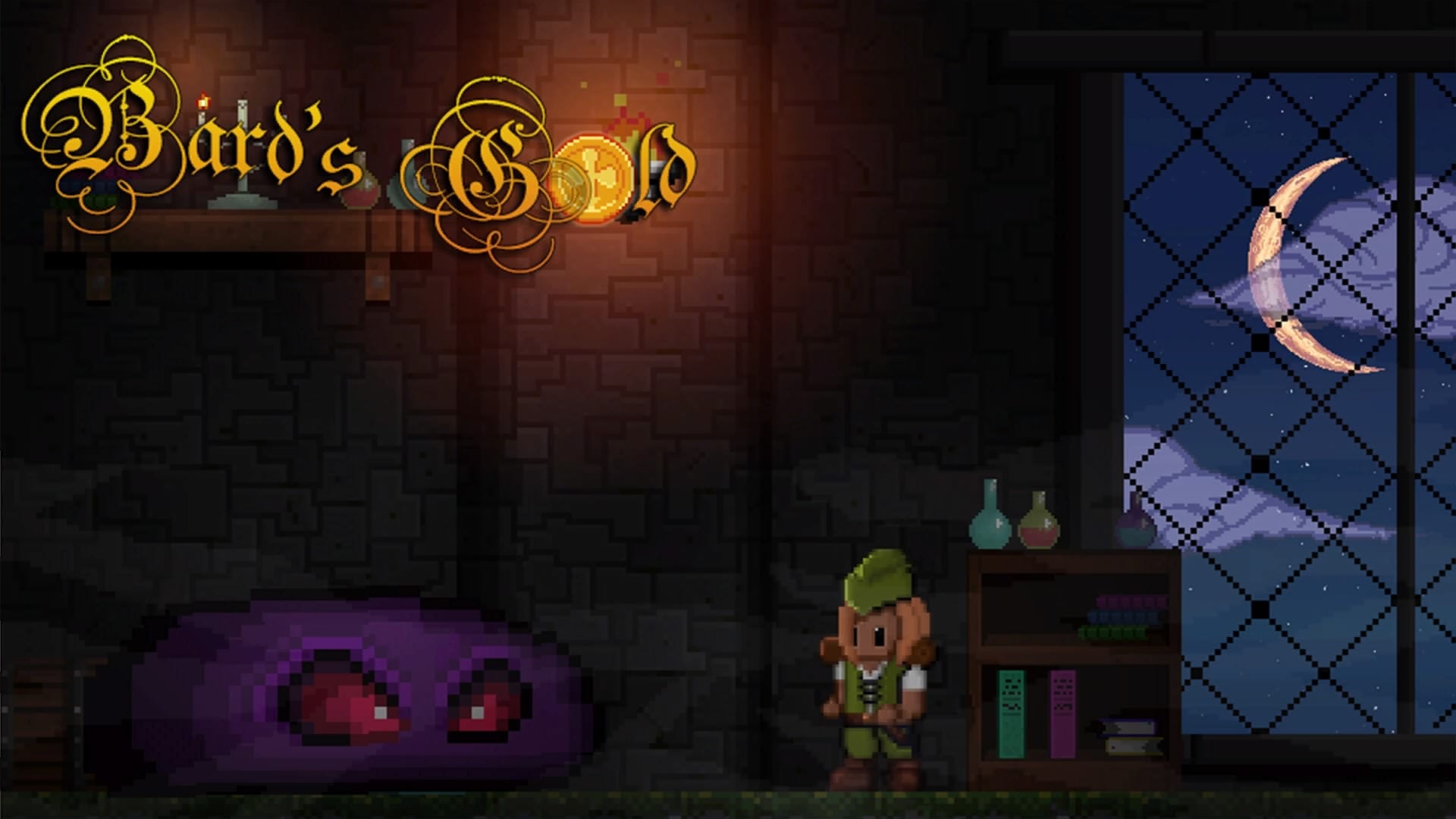
A satisfying, if limited, rogue-like and a decent platformer all rolled into one. The lack of framing and context for your actions fades into insignificance as you settle into the ‘one more run’ gameplay loop. The base difficulty level and rather basic gameplay may be off-putting for some but this is definitely one to try for fans of roguelikes and 2D platformers in general. Cutesy character designs and addictively simple gameplay are Bard’s Gold’s strongest features.
User Review
( votes)Review Disclaimer: This review was carried out using a digital code provided by the publisher. This has no effect on the content of the review or the final score awarded. For more information, please read our Review Policy.


